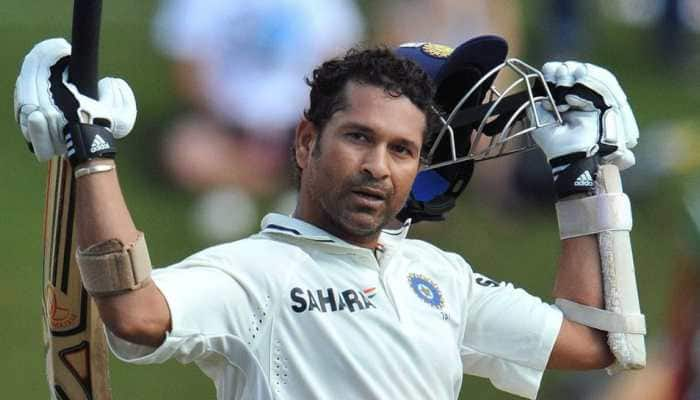Aurangzeb Road renaming will open a can of worms, say scholars
A section of historians and scholars have criticised the rechristening of Aurangzeb Road in Lutyens' Delhi, saying it is a result of a "slanted view" of history and cautioned that such renaming exercises will "open a can of worms".
Trending Photos
)
New Delhi: A section of historians and scholars have criticised the rechristening of Aurangzeb Road in Lutyens' Delhi, saying it is a result of a "slanted view" of history and cautioned that such renaming exercises will "open a can of worms".
On August 28, New Delhi Municipal Council (NDMC) gave its nod to a proposal to rename the historic stretch in the heart of the national capital after former President A P J Abdul Kalam, a move that many even felt "belittles the stature" of the celebrated scientist.
Noted historian Narayani Gupta says issues like these arise because people don't have a sense of history.
"Aurangzeb Road, alongside a cluster of others named after Mughal rulers like Akbar and Shahjehan, were given by the British when they designed the new imperial capital of New Delhi.
"This and Ashoka Road and Firozshah Road, besides King George V and Queen Mary and Hardinge and Wellesley were suggested by noted historian Percival Spear, who was teaching history at St Stephen's College then.
"So, just removing a historic name doesn't augur well. Moreso, when it has history behind the naming. And, a true tribute to Kalam would have been a science museum for children, and not some renamed signpost," Gupta said.
New Delhi was designed by British architect Sir Edwin Landseer Lutyens along with Sir Herbert Baker from 1911-1931.
Post-independence, after Mahatma Gandhi's assassination and later after Jawaharlal Nehru's death, a series of renaming exercises began across the country, including in the national capital, where British names were rechristened after Indian leaders.
Delhi's famed chronicler and author R V Smith, who grew up in Agra, says, "One Drummond Road, a long stretch in Agra, named after its district magistrate was renamed as Mahatma Gandhi Road soon after independence."
In Delhi also, the historic names were changed like Kingsway (Rajpath) and Queensway (Janpath) and Hardinge Avenue (Tilak Marg), but history is not something to be corrected.
"We must learn to respect the history and with this Aurangzeb Road renaming, we are allowing a dangerous trend to be started. People who want his name removed have either no understanding or skewed view of history.
"He ruled for nearly 50 years from Central Asia to Rangoon, and every emperor has had good or bad qualities. But, it is wrong to judge him from a contemporary prism," Smith said.
Smith, author of Delhi That No one Knows and Capital Vignettes says, by renaming the British-era places and landmarks in Delhi, history has been "destroyed", and future generations would grow up with a "slanted view of history".
"They renamed the historic Willingdon Crescent, Willingdon Hospital, and, then there was the Victoria Memorial Zenana Hospital in Old Delhi, which was rechristened as Kasturba Gandhi Hospital by the municipal corporation.
"Why can't we make new roads and new institutions and give them the names of our leaders and heroes and people whom we love. Renaming old places is not just an insult to history, but also to the people they are being renamed after," he said.
Stay informed on all the latest news, real-time breaking news updates, and follow all the important headlines in india news and world News on Zee News.
Live Tv







)
)
)
)
)
)
)
)
)
)
